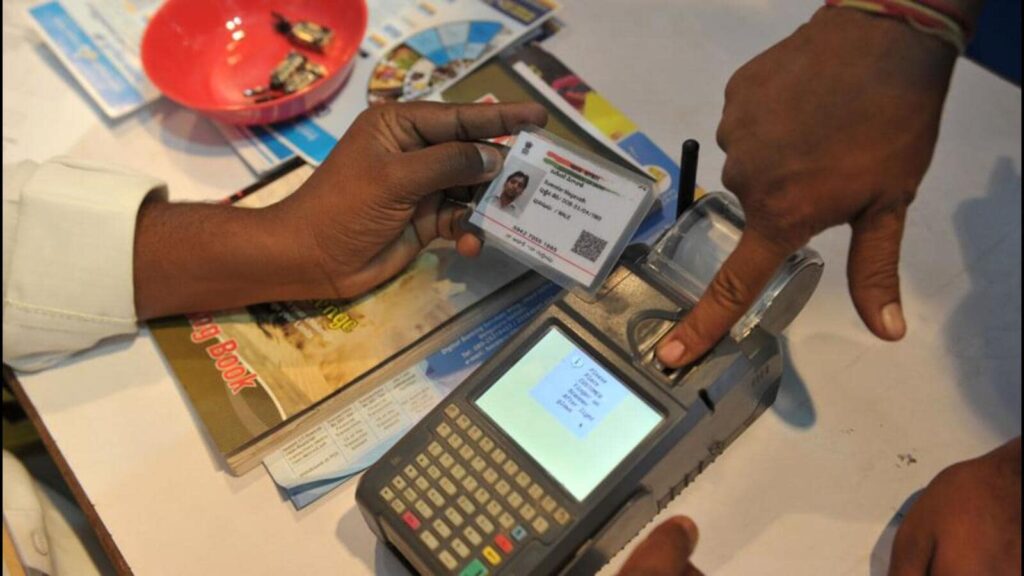Last week, the government proposed to tweak rules regarding Aadhaar to allow entities other than the government for identity verification, a report in this newspaper noted. It also added “ease of living” services as a purpose for which a citizen’s 12-digit unique identification number can be sought. If formalised, the rules will reopen Aadhaar to more private companies, which had access until the Supreme Court (SC) barred them in 2018. The SC limited Aadhaar to be required only for benefits and services funded by taxpayers. However, in 2019, the government tweaked the Aadhaar Act to allow some private companies — telecom providers and financial institutions — to seek Aadhaar voluntarily.
The carve-outs, while not exactly following the SC order to the letter, largely upheld its spirit by removing Aadhaar as a mandatory document in private use cases. It is likely that even under the new rules, Aadhaar will not be mandatory for any purpose that does not involve a government service or subsidy, keeping in line with a hard guardrail laid down by the SC. But the issues relating to giving broader acceptance to Aadhaar extend beyond the 2018 ruling. The mechanism, database, processes and protocols, have had several problems. Just last year, the Comptroller and Auditor General detailed how the programme had problems of duplicate or incomplete data, inadequate security checks and registrations that were made without complete documents. Later, a controversy erupted when the Unique Identification Authority of India (UIDAI — the operator of Aadhaar) issued and withdrew an advisory on how people should not share Aadhaar numbers in hard copy, bringing into focus how there is lingering confusion on what the best practices are.
Still, Aadhaar is the most efficient mechanism of identity verification in India and with 1.4 billion citizens, it meets a challenge that no other system of such scale has. It also proved effective during the pandemic, making large-scale benefit transfer possible during lockdowns. The scale, and the associated problems of privacy and protocol, do raise legitimate concerns around its misuse, especially if there is broader adoption without adequate (and simple) recourse for affected citizens and a privacy law that will nudge organisations and agencies to protect better the Aadhaar data they will have access to. The government needs to lay down significantly higher standards of checks if it widens access to Aadhaar, which today is linked to an individual’s social, economic, and physical security.
Enjoy unlimited digital access with HT Premium
Subscribe Now to continue reading


